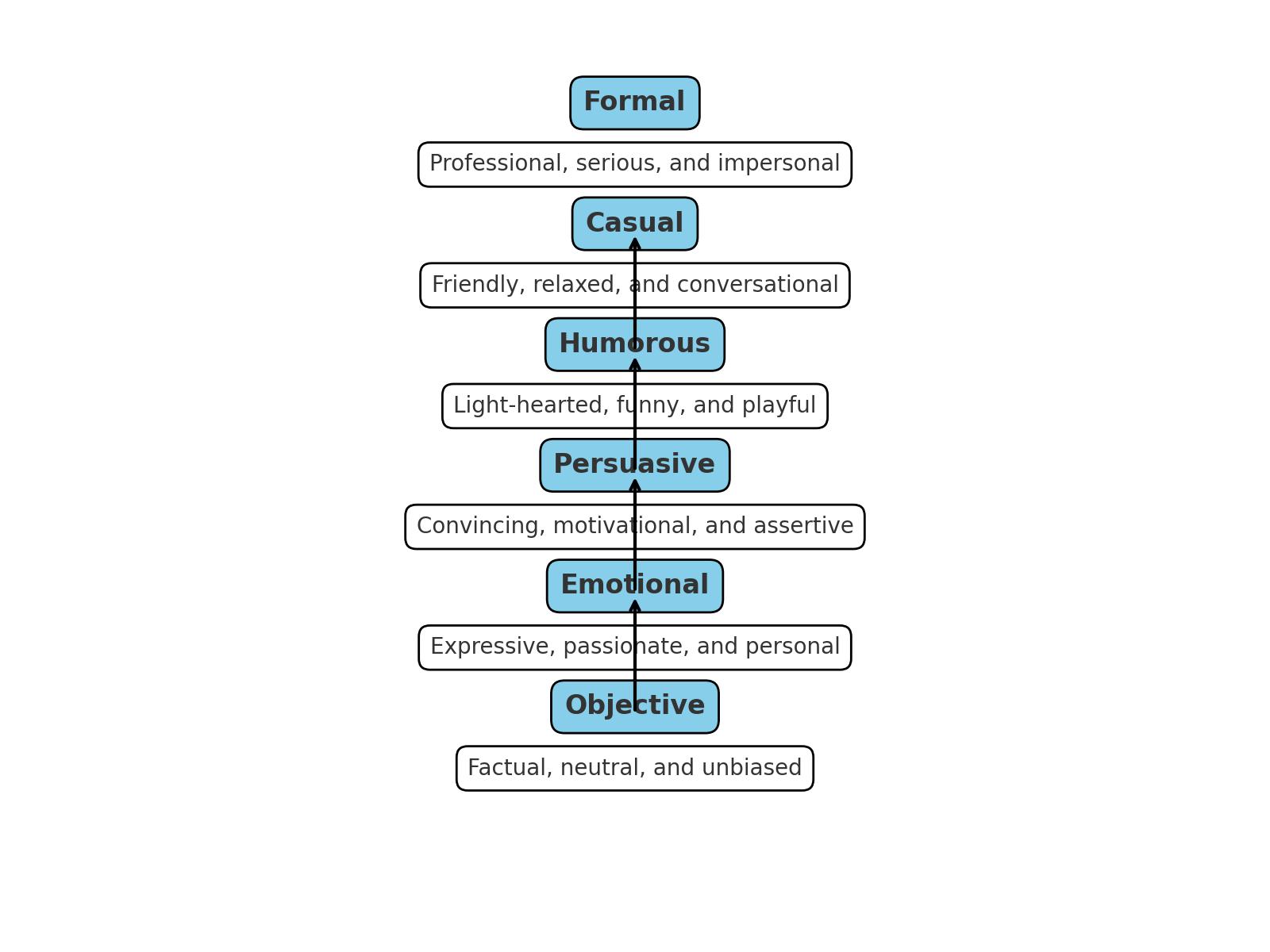The Secret to Powerful Writing: Nailing Your Audience, Purpose, and Tone
“You are writing for yourself. Don’t try to visualize a vast audience—there is no such thing. Every reader is an individual.” – William Zinsser.
William focuses on writing with clarity and authenticity rather than trying to please everyone.
His tone is usually natural and genuine rather than overly formal or artificial, and his purpose comes with confidence and intention, knowing that a well-written piece will find its right audience.
When I first started writing, tone, audience, and purpose were vague concepts for me, and it took me a while to understand this quote by William.
Now, compelling content, for me, directly communicates with its intended audience, using a clear purpose and engaging tone.
These essential elements are the foundation of all successful writing, whether a blog post, research article, or marketing copy.
In this blog, we’ll explore why audience, purpose, and tone matter—and how mastering them can transform your writing.
Does it matter to know your audience?
Absolutely! Knowing your audience makes your writing effective because it helps you understand precisely what they are looking for
Knowing your audience is the first step in the writing process. The nature of your writing relies heavily on your audience. The vocabulary, style, and details you include should align with the readers’ knowledge and interests.
For example, if you were explaining a complex procedure, you would tailor your explanation differently for a friend unfamiliar with the topic than for an expert in the field.
But how can I know my audience? Well, it’s straightforward. You don’t have to be an expert in the topic you are writing about to know your audience. What you want is to understand their mindset and perspective.
You can do this by asking yourself the following questions to define who they are and what they need:
- Who will read this? (Age, profession, background)
- What are their interests? (Health, business, self-improvement, etc.)
- What are their problems? (What do they struggle with?)
- What do they already know? (Beginner, intermediate, or expert level?)
- What do they want to learn?
- Why would they care about this topic?
- What kind of language do they relate to? (Casual, scientific, persuasive?)
Knowing your audience helps you write for their needs. It also lets you choose appropriate language and tone, ensuring your message resonates with them.
Defining Your Purpose
The next element to consider is purpose. Are you trying to inform, educate, persuade, or entertain?
Each purpose has a different style that helps achieve the goal of the content.
For example, you want to educate readers about writing careers. In that case, you’ll structure your blog differently than if you were trying to persuade them to enroll in a writing course.
Knowing your purpose is a crucial step. It gives clarity and focus, shapes your tone and style, and boosts your motivation and productivity.
Remember, an unclear or inconsistent purpose makes it difficult for readers to grasp the main idea.
Additionally, it’s really easy to get lost during the writing process. Therefore, keep your purpose in a note beside your disk or laptop to guide you and make you aware of the language and tone you use.
Crafting Your Tone
Finally, the tone which defines your attitude and approach in writing. It sets the mood and impacts how your audience receives your message.
Tone can vary widely — from formal to casual, severe to humorous — depending on your purpose and audience.
To achieve the desired tone, choose your words carefully. Moreover, the formality or informality of your language and sentence structure can significantly influence how your writing is perceived.
For example, concise sentences often convey a more professional tone, whereas longer, flowing sentences might express creativity or reflection.
Here are two examples with different tones for the same sentence:
- Formal tone:
Healthcare professionals must integrate telemedicine responsibly, ensuring it enhances patient care without compromising privacy or accessibility.
- Conversational tone:
Doctors should use telemedicine wisely so it helps patients instead of making things more complicated.
Remember, your tone should align with your purpose and audience and be consistent with it. A consistent tone builds trust and credibility, keeps your message clear, and matches audience expectations.

Why this matters
Mastering the elements of audience, purpose, and tone can dramatically enhance your writing and ensure that it is effective, engaging, and well-received.
By recognizing who you are addressing, determining why you are writing, and carefully choosing your tone, you can transform your communication and create more effective written pieces, whether they be job applications, blog posts, or other forms of writing.
As you continue refining your writing, take a moment to reflect: Are you writing for the right audience? Does your purpose guide your content? Is your tone aligned with your message? Master these, and your writing will always make an impact!
